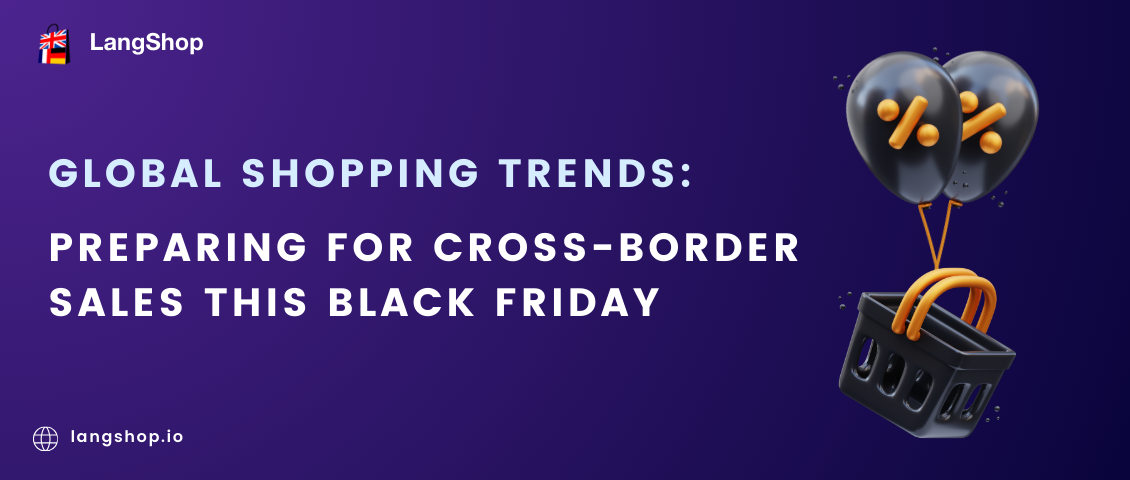The COVID-19 crisis has largely turned our habits upside down, whether because of the various confinements put in place around the world, or the social distancing in force.
While our private and professional lives have been particularly impacted, so has our purchasing behavior. They have transformed under the impetus of the coronavirus, including an unprecedented acceleration of e-commerce.
It is in this particular and unprecedented context, Shopify, a leading platform in creating e-commerce sites, has tried to guess what will be the major trends in commerce in 2021.
Online stores in physical locations
Most shops have started online, and their physical presence has since started and grown in recent years. Many of these shops are garment stores and consumers prefer to connect directly with products.
It is anticipated that retailers will continue to build offline experiences by using e-commerce technologies and convenience.
The ReCommerce
We also know ReCommerce as second-hand commerce. This trend is mainly driven by a younger audience, whose members identify themselves as conscious consumers. 74% of 18-29-year-olds prefer to buy from sustainable brands and purchases in ReCommerce markets. And this time is an exciting opportunity for new players on the market to open their own ReCommerce platform.
Ethnic e-commerce
Consumers care more about values that you promote than your products. The Internet creates tremendous competition in each sphere of e-commerce. And customers have the freedom of choice among a vast variety of goods and services. This one will therefore move towards a company that has certain ethics.
Try to highlight your business. Promote products of native origin for a certain market, create a multilingual environment (Shopify offers a lot of tools for this, for example, LangShop), offer to donate a percentage of your sales to an association, or showcase your natural products.
Augmented reality
Due to quarantine restrictions, most customers do not wish to walk the shelves with a mask on their nose. And they are turning to online commerce. To bridge the gap between the digital and the physical shop, shop owners can use the advantages of Augmented Reality technology.
Shopify already launched Shopify AR. It is a simple toolkit that enables companies to create their own experiences with increased realism to show consumers their goods. This solution works: Shopify estimates that AR-content experiences showed a conversion rate of 94 percent that without AR-content goods.
Artificial intelligence
The AI technology provides personalized recommendations and advice. Regarding the evolution in online sales, implementing this practice should continue to progress in 2021.
Today, artificial intelligence is already using the purchase history and browsing behavior of shoppers, and then it can show customers which products they are most likely to purchase.
Also, it is possible to use AI to help find clients.
AI algorithms will analyze current trends and products, sales channels, customers, and the behavior of potential buyers to identify the best channels, the best time, and the best price to list a product. This will help brands boost their sales and increase their conversion rate and profits.
In 2020, the business owners had adapted to an unprecedented situation to continue to ensure their survival. In 2021, they will have to regain control in order to further improve their services and thus be in line with the needs of their customers: online sales site, free and faster delivery service, deferred and contactless payment, and more others. There are many ways for Shopify commerce promoting, but the modernization of customer services will be one of the main keys to success.







